Leadership Profile
Professor Lynn Dobbs
Vice-Chancellor and Chief Executive of London Metropolitan University
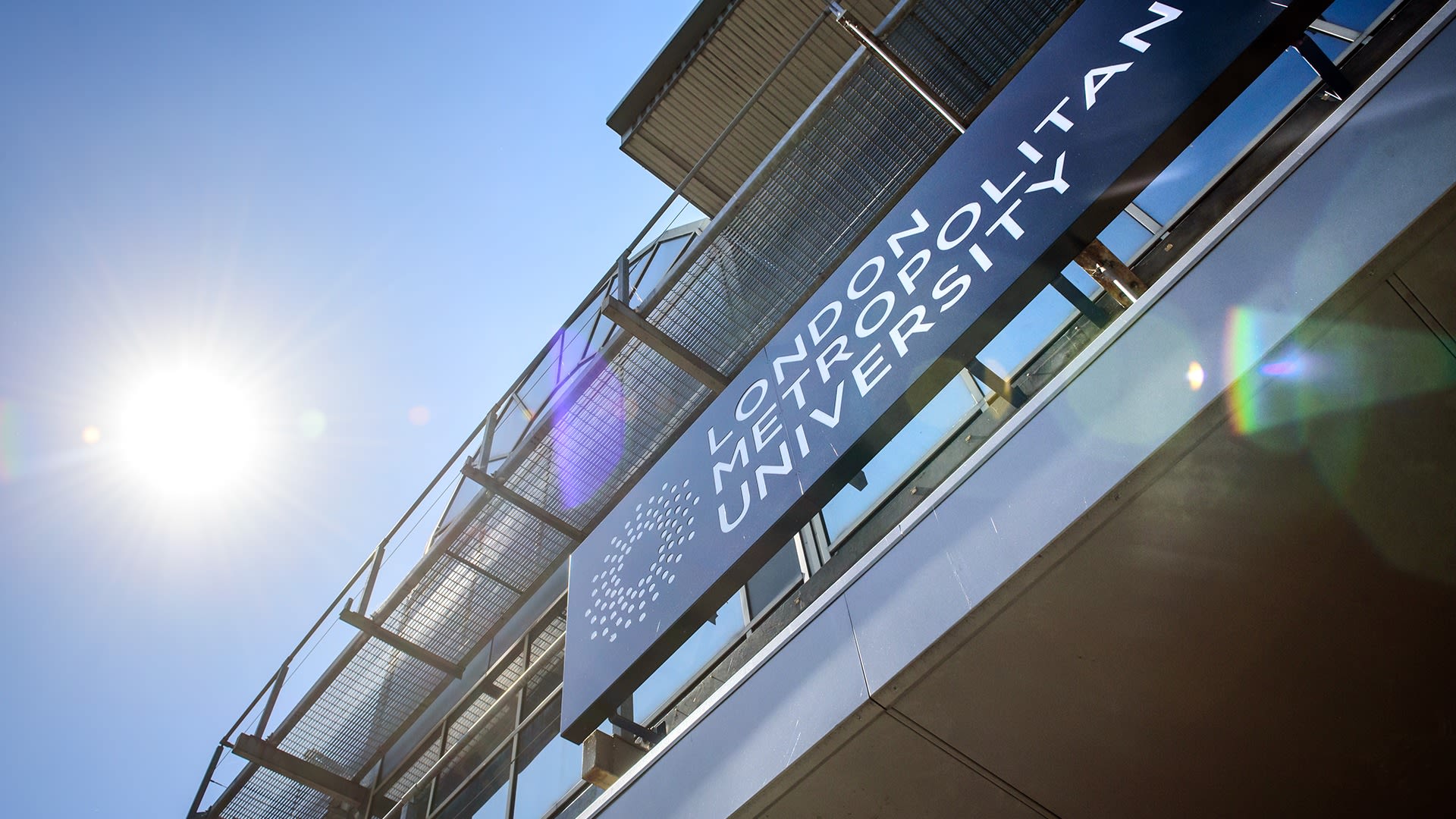
A little over four years ago, Professor Lynn Dobbs became the Vice-Chancellor (VC) and Chief Executive of London Metropolitan University, a position she coveted thanks to the institution’s strong social mission. In a recent interview with The Chronicle's Ian Wilhelm, she discussed strides in diversifying the faculty and student body and building more inclusive campuses.
Coming from Newcastle upon Tyne, which she described as a very white area, Prof. Dobbs found her move to London to be an eye opener, providing a platform to do important work in a city that combines huge wealth with striking poverty, often next door to each other, with race one of the key factors shaping life chances in the city.
Located in the center of London, London Met is a diverse institution where around 82% of students are older (over 21 on entry), 56% are from Black or minority backgrounds and 15% have a declared disability upon entry into the university.
“It is a very central institution and has students with many challenges,” explained Dobbs, “but we deliver really good outcomes, and our students go into fantastic jobs and really give back to London.” This includes work on social inclusion and equity in local communities with students and their families, as well as other institutions in the area. Their work has placed the university ninth in the UK for social mobility and fifth for staff satisfaction.
London Met is among the most socially inclusive institutions in the UK, reducing the degree awarding gap for Black and minority students and economically disadvantaged students. They are a disability-confident leader with an Athena SWAN charter mark, relating to gender equality, are working toward a Race Equity charter mark, and are in the top 25% of the Stonewall Index, an LGBTQIA+ organization. They embed employability skills and work-based learning into all their degree programs and ensure their students have voices in all major University committees and forums. They believe in tackling systemic barriers and embedding the practice of anti-discrimination throughout all they do, in particular anti-racism.
There are plenty of insights to share between universities on both sides of the Atlantic. Prof. Dobbs greatly admires the work that has been done by the historically black colleges and universities (HBCUs) in the US. London Met recently announced that they would be working with staff and students at HBCUs such as Morgan State University in Baltimore, Norfolk State University in Virginia, and Claflin University in South Carolina, to collaborate and share good practices in supporting excellent student outcomes.
“It is not just about signing the memorandum of understanding; it is about actually delivering. I do not think there is another university in the UK that would commit the resources to this project in the way that we have. It is very exciting.”
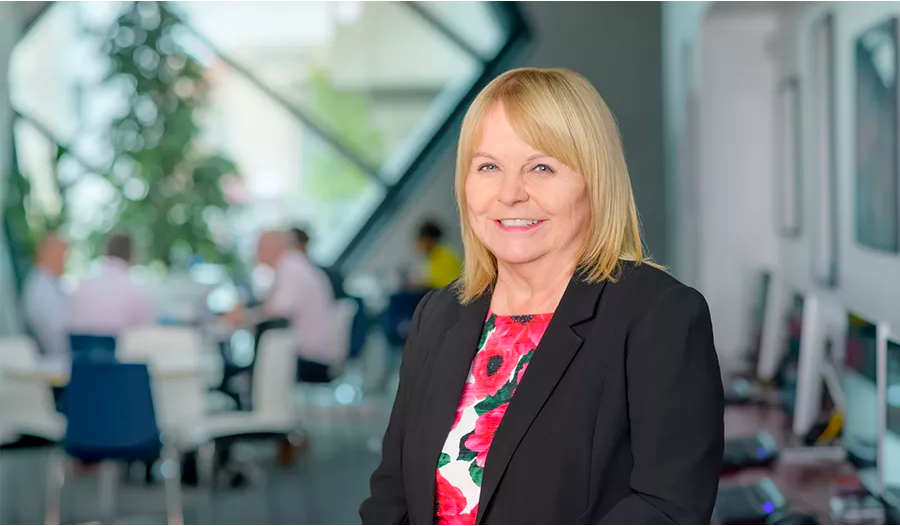
Professor Lynn Dobbs
Professor Lynn Dobbs
Transatlantic Partners
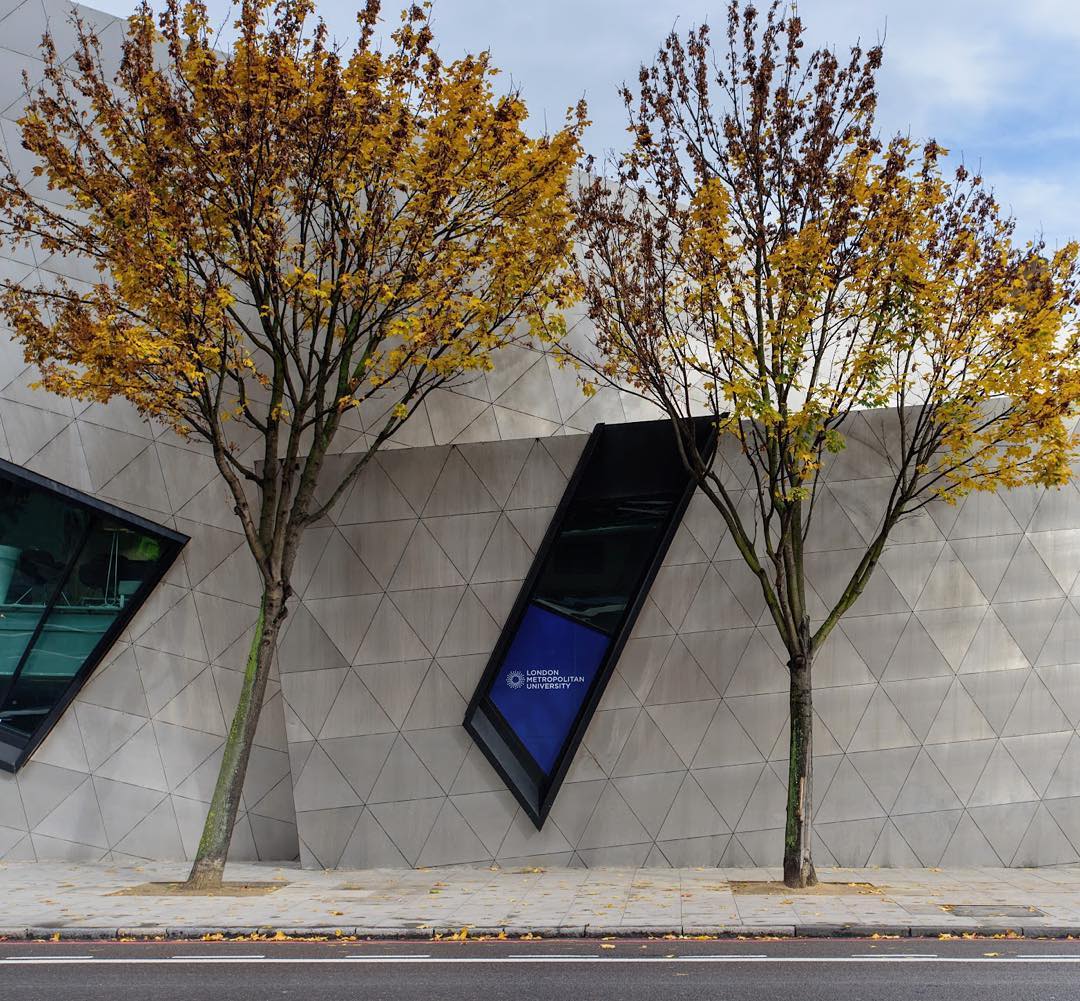
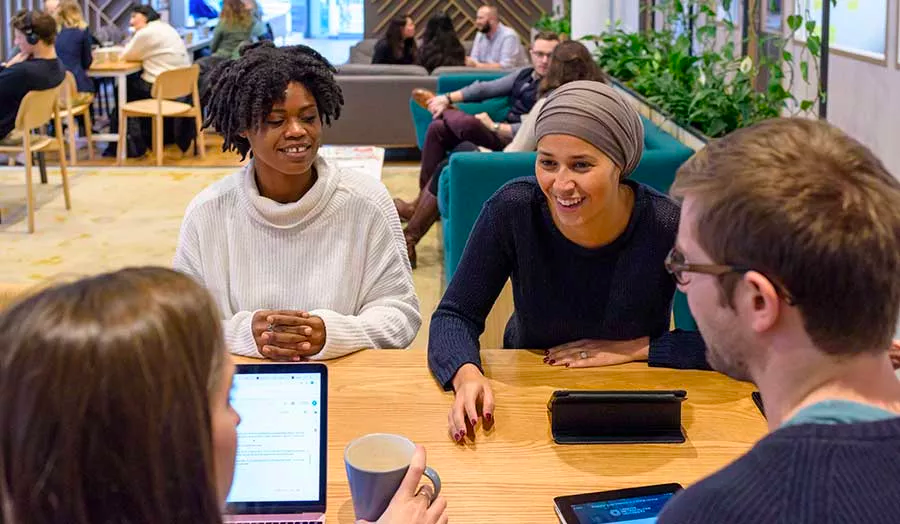
Work has begun with their existing partners to develop interventions to support student success, continuation rates and graduate outcomes through joint action and research projects, and the University is already discussing partnerships with other HBCUs.
Prof. Dobbs, whose position as VC is equivalent to a university President in the US, is a professor of public policy, with her academic background focusing on social inclusion, including how to widen access to higher education and raise educational aspirations. She describes her interest in social justice as deeply personal. “I left school at 16, everyone in the area I came from did the same. I went to university as a mature student after I had my two sons and I studied politics at undergraduate and postgraduate level.” Starting out as a lecturer at Northumbria University, she quickly moved into management, setting up the Centre for Public Policy, a research center looking at poverty, equity, and social justice from a variety of perspectives.
Values-Led Leadership

When she came to London Met, she found staff already highly committed to social justice. “I did a lot of work when I first arrived at the university, to talk to staff about what they wanted, and the idea of equity and social justice oozes out of the institution. It is not something I introduced when I got here, it is something I have happily invested in.”
In her first few weeks as VC, Prof. Dobbs consulted with each department and realized how dominant the commitment to social justice was. Initial ideas to promote inclusion were developed and a strategy was shared across the University. Listening to their students, London Met developed also developed a new Race Equity Strategic Plan which outlined a commitment to listen, learn and most importantly take action. This plan is everyone’s responsibility and is designed to hold all members of the University community accountable for meeting the goals.
Prof. Dobbs believes their plans have been given extra impetus by the Black Lives Matter movement. Following the murder of George Floyd, the University took decisive action to change the name of one of their Schools. “One of our Schools was named after Sir John Cass, who turned out to have been a slave trader, a significant trader. We took the name off, moved the statue - not without some pushback, although not a lot, most people were really pleased.”
The University has already achieved 55% Black and minority participation on their Board of Governors and associate committees. They are working with executive search firms to expand the talent pool and ensure they are reaching a more racially diverse group of potential applicants who can contribute to their goal of having at least 55% representation at senior management and academic levels from global majority individuals by January 2025, bringing into line with the adult community of London.
Prof. Dobbs says the mission is not just about bringing Black and minority academics into the University but making sure the curriculum they teach is more diverse. “We are advertising for staff who teach a diverse curriculum around ethnicity. There is a big commitment to diversifying the curriculum and the staff themselves.” The University encourages staff to embed equity and social justice into all their teaching, in particular through the roll out of their Education for Social Justice Framework which permeates all courses across the institution.
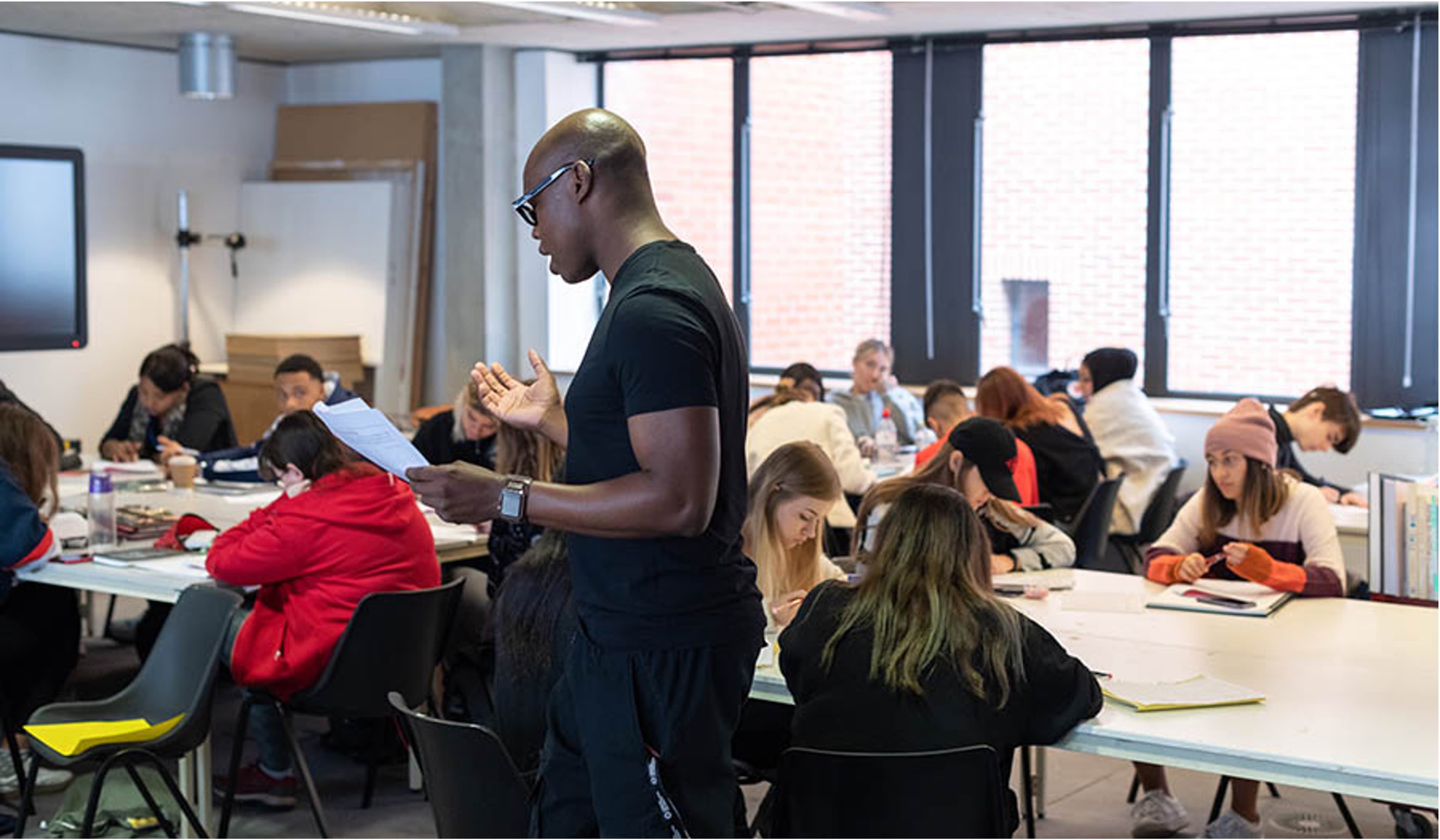
Investing in Equity

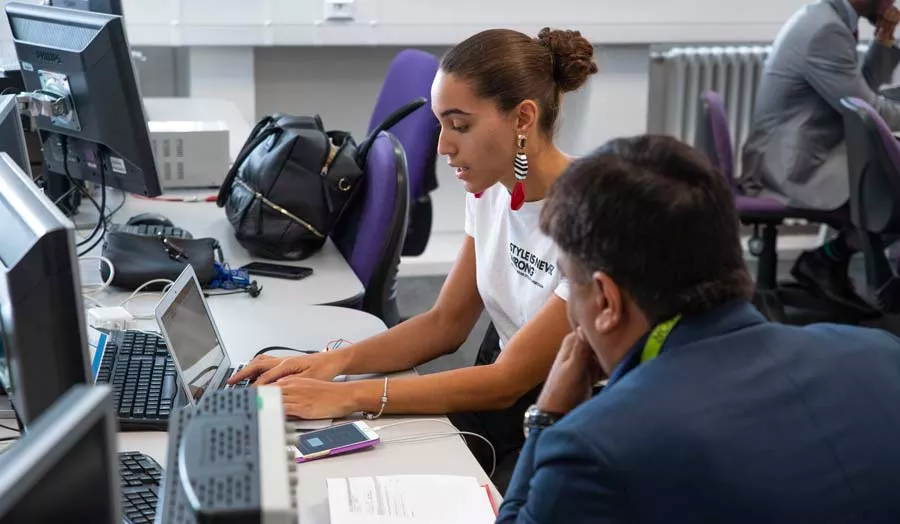
When Prof. Dobbs first joined London Met in 2018, the University was struggling with annual financial deficits. She spent the first three years solving those issues to eventually reach surpluses. “I think that surpluses at university level are to invest in our values and I’m proud to see that we are investing heavily in these agendas - particularly the race agenda, though not exclusively.”
During her tenure, Prof. Dobbs has worked with expert colleagues to establish the Centre for Equity and Inclusion, which sits at the heart of the institution as the driving force behind its pedagogy, the student experience and workplace culture, to draw out the University’s offerings, give students, and staff the opportunity to unlock their full potential. Prof. Dobbs believes that the Centre has been the catalyst through which they have actualized their commitment to social justice and the University has committed £15 million, about 17 million USD ($), to support its work.
London Met has moved a long way in a short period, and they know there is still work to be done. They are up for the challenge and thanks to the hard work of its community, the University is well on the way to fulfilling Prof. Dobbs’ vision of creating a truly fair and equitable institution with social justice and social change at its heart.
This content was paid for and created by London Metropolitan University. The editorial staff at The Chronicle had no role in its preparation. Find out more about paid content.



